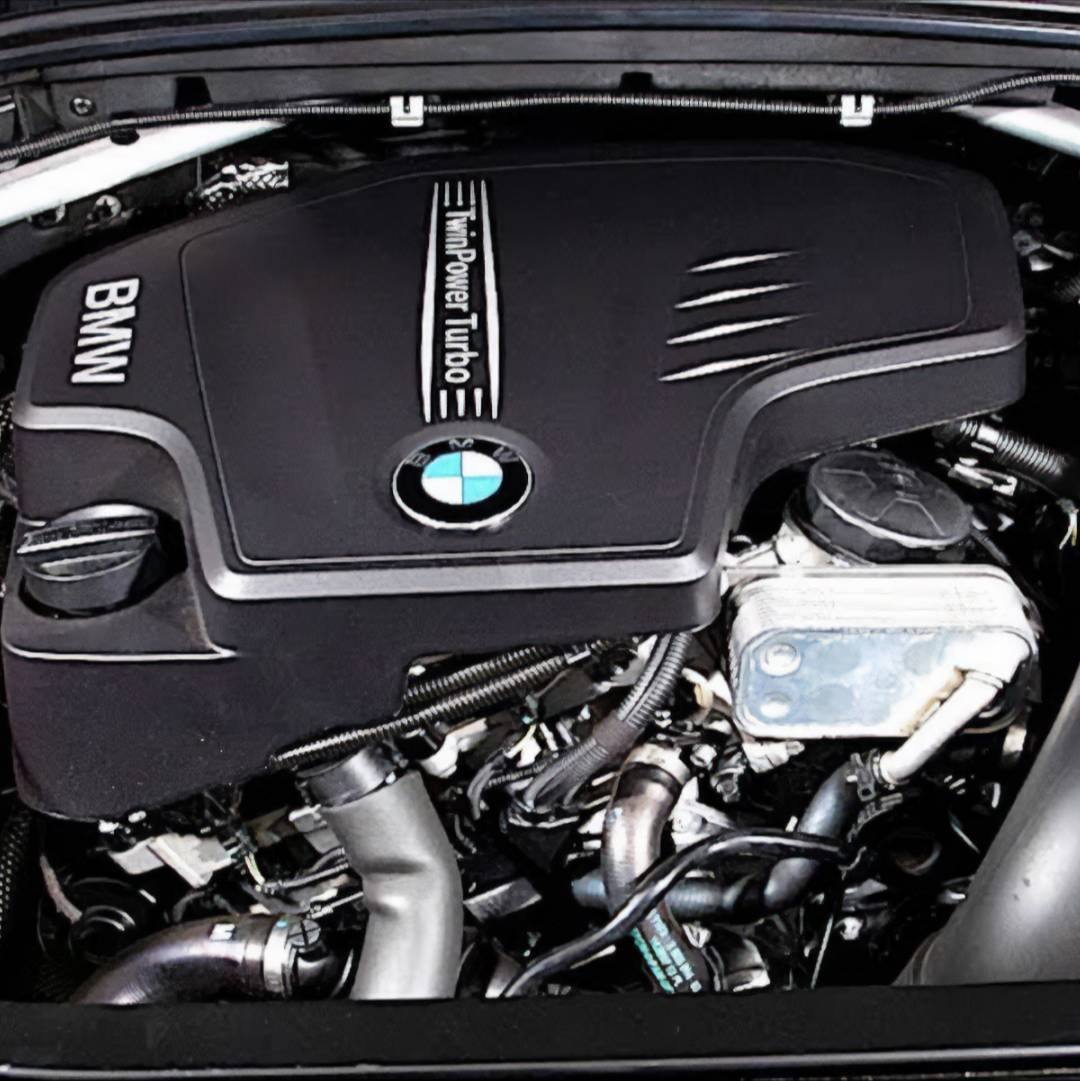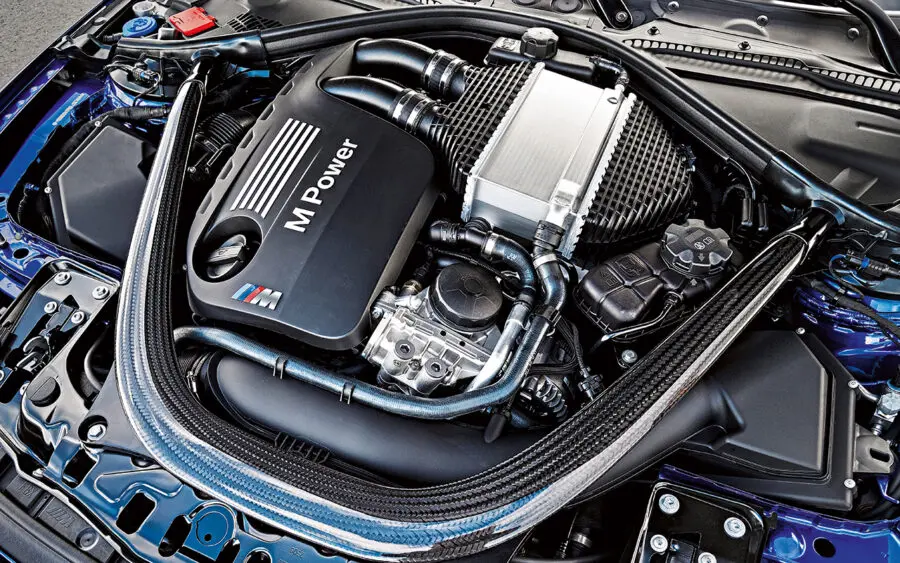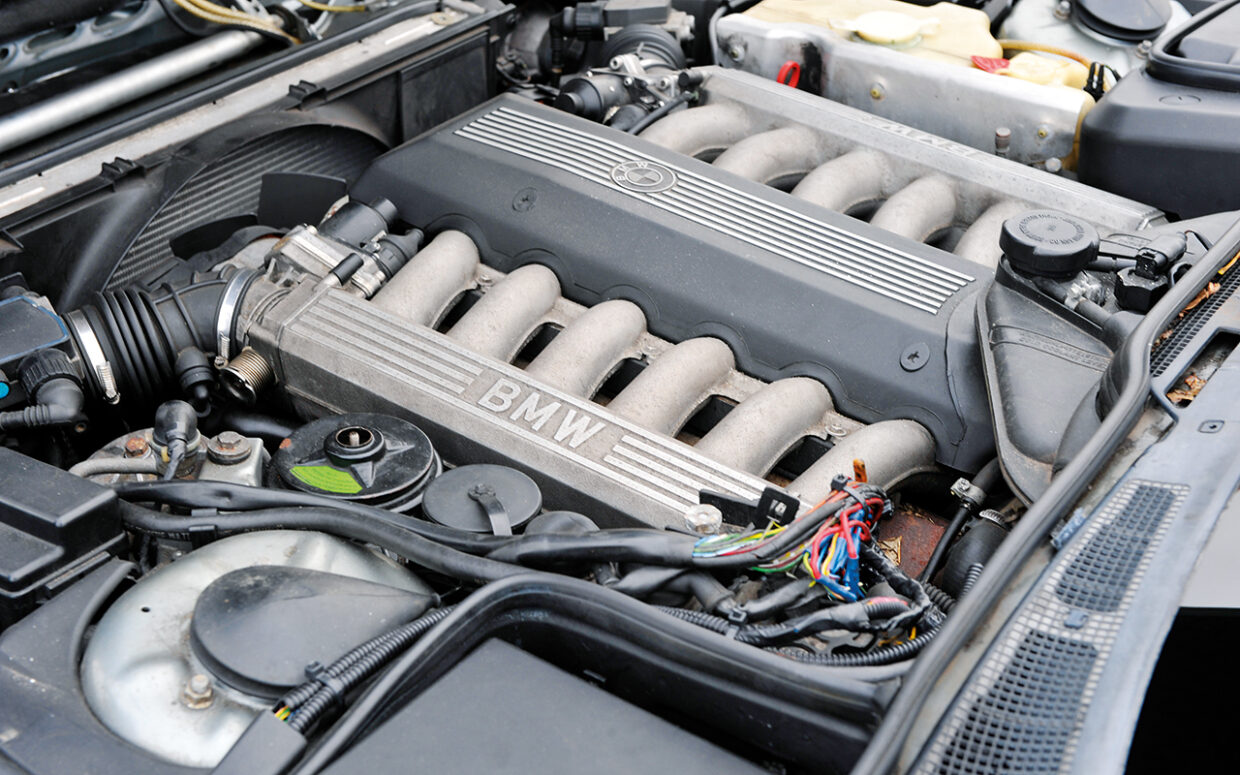Introducing the Intricacies of Next-Generation Power Units: a Deep Dive Into Advanced Engine Designs and Advancements
In the realm of auto design, the unrelenting quest of sustainability, performance, and performance has actually thrust the evolution of power systems to unprecedented heights. As we depend on the precipice of a brand-new age in transportation, the ins and outs of next-generation engine styles beckon us to discover the sophisticated innovations and advancements that guarantee to redefine the driving experience. From advanced products that press the boundaries of resilience and weight decrease to sophisticated turbocharging and turbo charging systems that raise power output to new degrees, each component of these power systems holds a crucial to opening the future of automobile design. Digging deeper into the realms of discharge control, intelligent engine monitoring systems, and the horizon of power unit development, we discover ourselves on the cusp of a transformation that assures to reshape the landscape of flexibility as we know it.
Advancement of Engine Materials

The change in the direction of progressed engine materials has also allowed designers to design engines with higher power outputs while maintaining gas efficiency standards. The usage of light-weight products lowers the overall weight of the engine, leading to boosted gas economic situation and lower emissions. Additionally, developments in materials innovation have actually permitted for far better thermal monitoring within engines, resulting in increased reliability and long life.
Turbocharging and Supercharging Technologies
Just How do Turbocharging and Supercharging Technologies reinvent engine performance and effectiveness in modern vehicles? Supercharging and turbocharging are innovations that considerably boost engine performance by increasing the quantity of air consumption into the burning chamber. Turbocharging achieves this by using a turbine driven by exhaust gases to pressurize the consumption air, while turbo charging makes use of a belt- or chain-driven compressor to accomplish the very same effect.
These innovations enable smaller, extra fuel-efficient engines to create power comparable to bigger ones, understood as downsizing. Forcibly even more air into the cyndrical tubes, turbocharging and turbo charging enhance combustion effectiveness, causing enhanced horsepower and torque result without a substantial rise in engine size. This brings about far better acceleration, hauling ability, and total driving efficiency.
Furthermore, turbocharging and turbo charging contribute to enhanced fuel effectiveness by permitting the usage of smaller sized engines that consume much less fuel under typical driving conditions - bmw engine. This combination of improved performance and effectiveness has actually made turbocharging and turbo charging integral elements of lots of contemporary engine styles
Discharge Control and Environmental Impact
With enhancing worldwide problems pertaining to air high quality and ecological sustainability, the execution of discharge control modern technologies in vehicles plays a crucial role in decreasing unsafe contaminants released right into the ambience. Modern vehicles are outfitted with innovative exhaust control see here systems that help lessen the ecological influence of auto operations. Catalytic converters, for circumstances, are created to transform poisonous gases such as carbon monoxide, nitrogen oxides, and hydrocarbons into less unsafe substances like co2 and water vapor.
Furthermore, innovations in engine technology, such as the assimilation of exhaust gas recirculation systems and discerning catalytic decrease, have considerably added to lowering exhausts. These modern technologies operate in tandem to maximize burning effectiveness and decrease the launch of unsafe pollutants right into the air. In addition, the advancement of crossbreed and electric cars stands for a vital step towards decreasing the overall ecological footprint of the transport sector.
Intelligent Engine Administration Systems

Furthermore, these systems enable vehicles to meet strict emissions criteria without compromising efficiency, giving an extra eco-friendly driving experience. The assimilation of expert system and machine discovering abilities in engine administration systems proceeds to push the boundaries of what is possible, bring about more renovations in efficiency, dependability, and total lorry performance. bmw engine. As automobile modern technology developments, smart engine monitoring systems will play an essential function fit the future of transportation in the direction of an extra efficient and lasting instructions
Future Trends in Power Device Advancement
As intelligent engine management systems pave the way for enhanced control and optimization in modern-day lorries, future fads in power system advancement are poised to redefine the landscape of auto propulsion technologies. These alternative power resources use enhanced efficiency and performance while straightening with rigid environmental policies.
Another substantial pattern is the combination of sophisticated materials and making strategies. Lightweight materials such as carbon fiber and light weight aluminum are being official statement used to decrease overall lorry weight, boosting gas efficiency and efficiency. Additionally, advancements in 3D printing and additive manufacturing are allowing the manufacturing of complicated engine elements with greater accuracy and sturdiness.
Additionally, expert system and machine understanding are playing a critical function in maximizing power system efficiency. These innovations permit real-time tracking and adaptive control, resulting in extra effective and dependable power delivery. Overall, future patterns in power system development are tailored in the direction of sustainability, efficiency, and efficiency, driving the auto market towards a new era of propulsion modern technologies.

Conclusion
In conclusion, the innovations in engine products, turbocharging, emission control, and intelligent management systems have actually led the way for next-generation power devices. These advancements have not just improved performance and efficiency yet additionally minimized ecological influence. As technology remains to progress, future patterns in power system growth are likely to concentrate on more enhancing sustainability and optimizing power output. The detailed designs and advancements in modern engines showcase the recurring evolution of automotive technology.
Exploring the modern developments in this content engine materials has actually been essential in boosting the efficiency and efficiency of modern engines. Over the years, the development of engine materials has actually played an important duty in pressing the boundaries of what engines can accomplish.The shift in the direction of advanced engine products has also allowed engineers to create engines with greater power results while maintaining gas performance criteria.The application of intelligent engine administration systems in modern-day cars has reinvented the method engines are regulated and optimized for performance and performance. By collecting data in real-time and assessing it with advanced formulas, intelligent engine administration systems can adapt to driving styles, environmental factors, and engine health and wellness to take full advantage of power output while decreasing gas intake and exhausts.